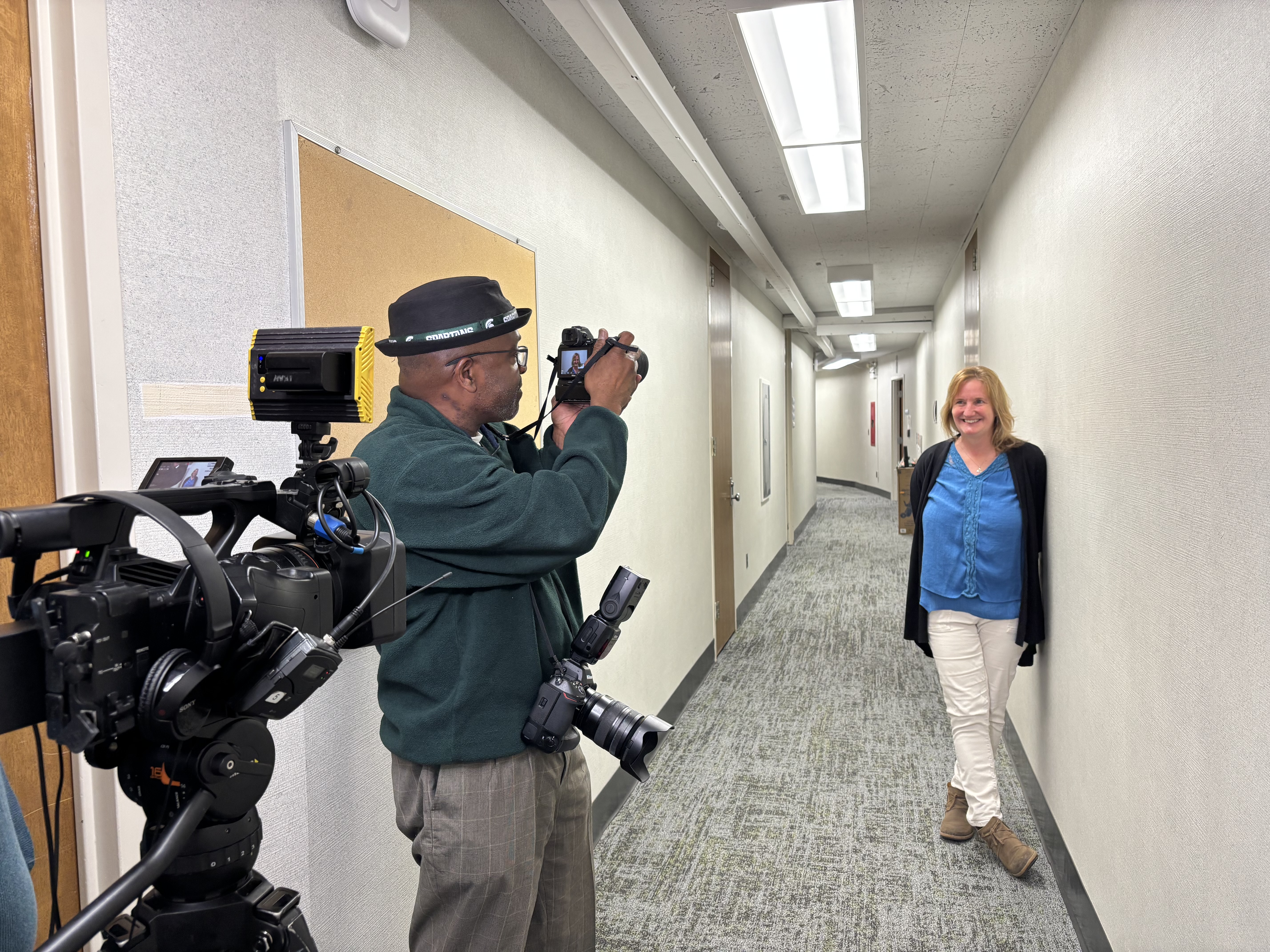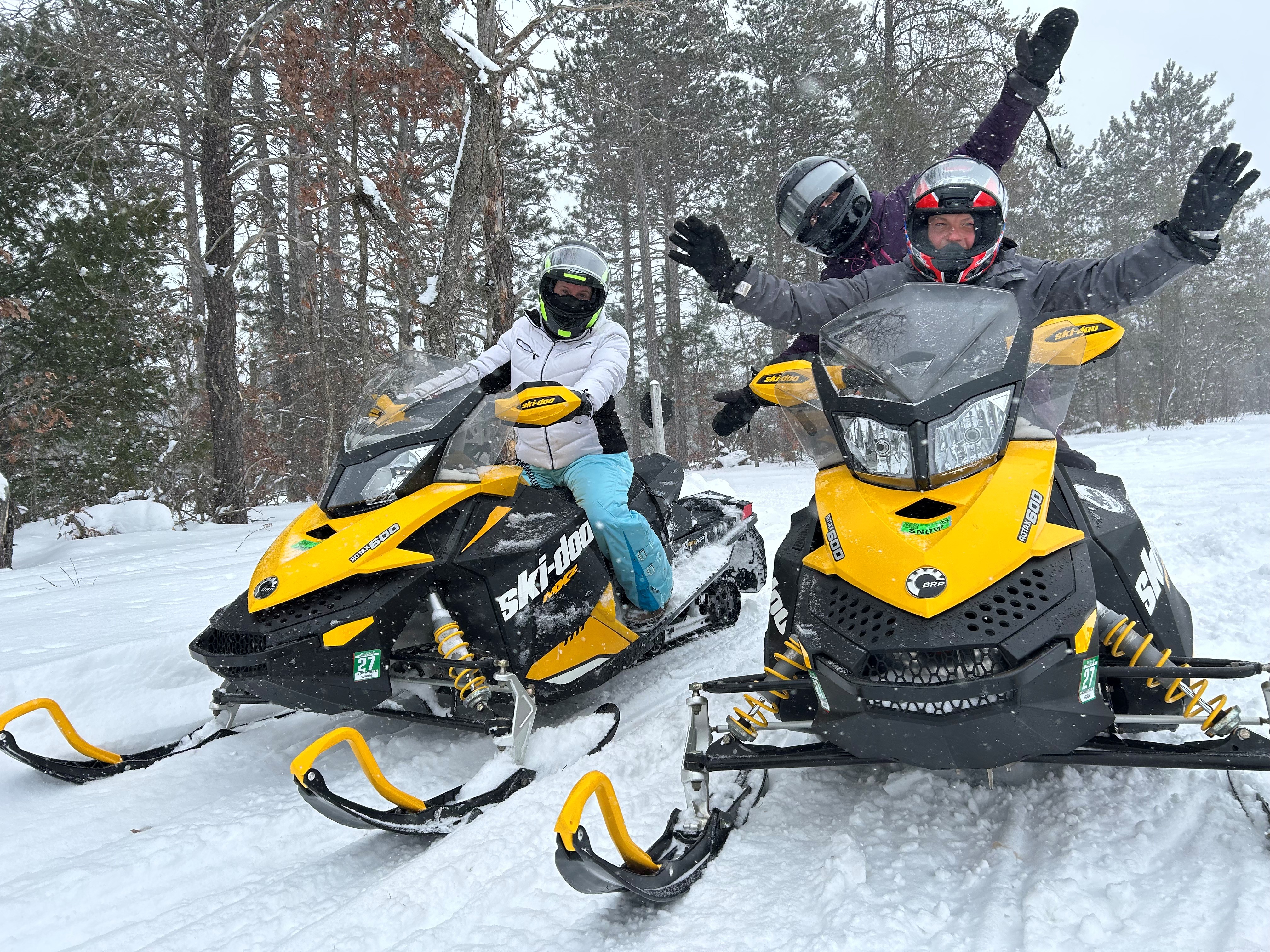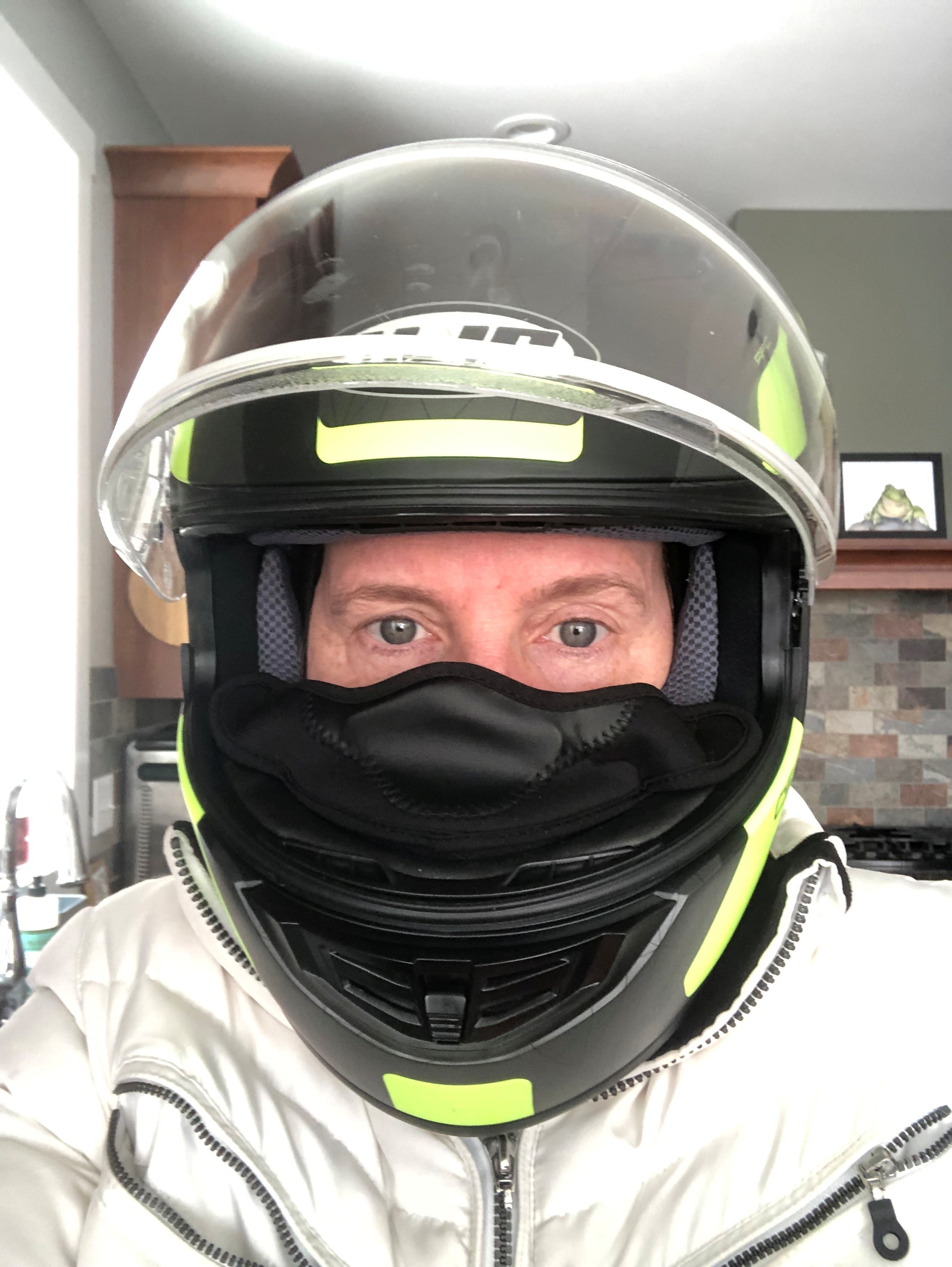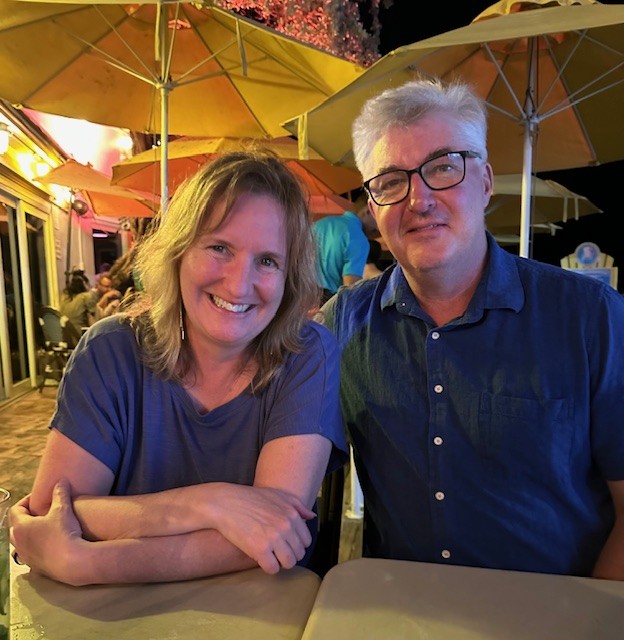Jean Kerver

Current Hometown
Traverse City, MI. My family moved here from East Lansing in 2015 so I could take the community-based faculty position at one of our MSU rural medical campuses.


Born and raised
Union Lake, MI (about an hour east of East Lansing)
Favorite Color?
My blood runs GREEN!
Favorite sport to play or watch?
MSU Men’s Basketball—I was part of the early IZZONE.
What do you like to do in your free time?
Hike in the woods, take pontoon rides, share meals with family and friends.
What is the most interesting/enjoyable place you have visited?
Tanzania, Africa. In 1996, I went on a two-week trip with family to hike Mt. Kilimanjaro and tour the Serengeti. It was truly awe-inspiring.
What is the most helpful advice you have received?
You have to be able to jump…and know the net will appear.
How did you become interested in your field? Was there a specific moment when you knew it was the right fit for you?
I’m a first-generation college graduate and I never had any intention of going to graduate school, but I’m a bit of an opportunist, and I had an opportunity to get a Master’s degree in Clinical Nutrition and then work at the University of Chicago’s Diabetes Research and Training Center. And that’s where I became hooked on research. I couldn’t stop thinking about new research questions, so I went back to school again.
What/who influenced you to select your area(s) of study and how has that impacted your career?
Everything we do builds on things we’ve learned from others and many people have influenced me along the way but I came to this department to work with Dr. Ellen Velie, a nutritional and cancer epidemiologist who left MSU to build a program of public health in Wisconsin. While here, I completed a post-doc in Dr. Nigel Paneth’s T-32 training program in perinatal epidemiology and I became totally hooked on using epidemiologic methods to study effects of early life nutrition.
Describe your current research or area of interest
I am trying to find ways to optimize nutritional status in early life to support healthy brain development and all the lifelong advantages that confers. I come at it from different angles with different projects including my involvement in the large national Environmental influences on Child Health Outcomes (ECHO) Cohort study, but also with food-based intervention work.
What advice would you give to a student?
This is going to sound bad at first, but I tell students that if you can think of any other career you would like besides science and academia, you should do that instead, because being a scientist—either in academia or in industry—is so hard and so all-consuming, that you should only do it if you have a really deep passion for it. But if you do have that passion, it’s the best career in the world. You get to pursue your curiosity in a systematic way and share results that help improve the world. For me, there is no career that would be more rewarding.


